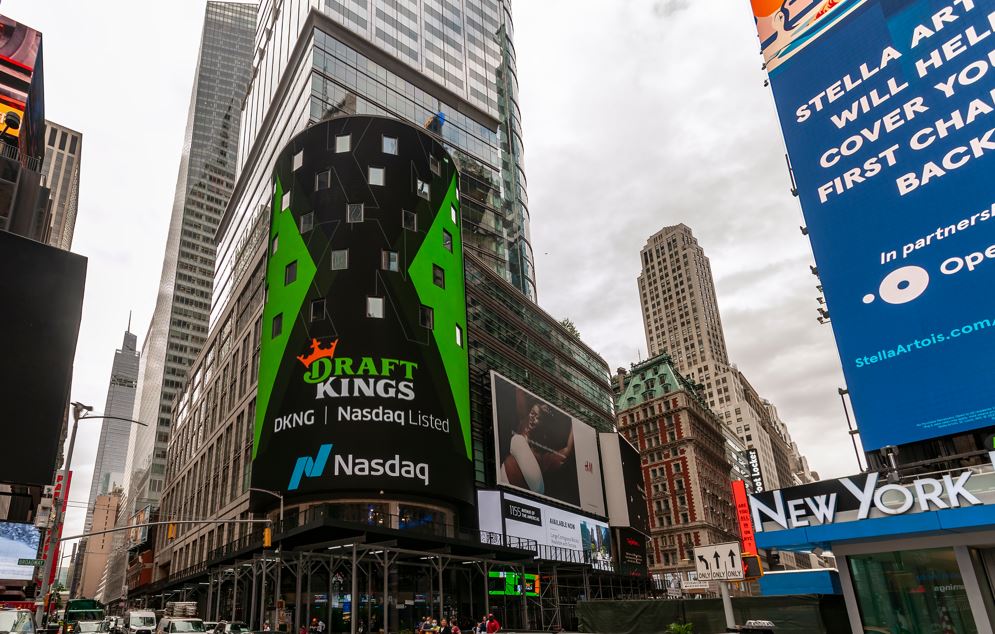As second quarter yields record revenue, DraftKings Chief Executive Jason Robins pledges to monitor prediction markets

DraftKings Chief Executive Jason Robins is not ruling out getting into prediction markets.
During Thursday’s investors call, Robins said the company will take a wait-and-see approach, noting that the states where DraftKings is active provide a “kind of benchmark, as you think about TAM (total addressable market).”
“I do think that being an early mover in a space like this can be important,” Robins said. “I also think that being a literal first mover may not be as important, and there are downsides to that as well.
“We’re evaluating it, obviously. We have a lot of stakeholders, state regulators, relationships with tribes and others that we want to make sure we consider as we think about what our different options are. We’re keeping a close eye on it, figuring out what we want to do.”
DraftKings reported revenue of US$1.51 billion for the second quarter, an increase of US$408 million, or 37%, compared to US$1.1 billion during the same period in 2024. The revenue increase, along with net income of US$158 million, and Adjusted EBITDA of US$301 million, set new quarterly records for the company.
Robins admitted there are many considerations surrounding prediction markets, notably state regulations, stock considerations, and cash flow concerns. But Robins was open to allowing that prediction market are on the company’s radar.
“It’s hard to kind of comment on specific discussions that we may or may not be having, but I think you can assume that at this stage we’re more in monitor mode in terms of active discussions like that,” Robins said. “A lot of what I think we need to see will come from watching how things unfold with others that are currently offering prediction markets. And I think we’ll kind of have to see how that goes and evaluate it. It’s all happening in very fast, real time. (It’s) definitely a lot to think through.”
Another issue for DraftKings is the rise of taxes levied by certain states on online sports betting. Illinois in particular has drawn attention for a US$0.25 tax on the first 20 million bets with an operator, with the rate doubling to US$0.50 per bet after.
Robins admitted there may be ways to mitigate the financial burden of such taxes.
“With some of our agreements that are older, we believe there’s some opportunity to reduce the rates there,” Robins said. It’s a win-win, because it’ll be probably more revenue for the partner in dollars, but less of a percentage.
“And then on the payment side, we haven’t really spent as much time as we could. And it’s one of those things that we keep kind of saying, ‘we know it’s out there, and at some point, we’re going to put a lot of effort towards optimizing.’ We believe there’s tremendous value to be a hawk there as well. So definitely, I think we view those two things as big upside.”
Robins also commented on a possible increase in the use of artificial intelligence throughout the company. Especially any workflows that are now manual can benefit from the use of AI.
“All of those can be automated, and we don’t necessarily need to rely on our engineering team to be able to do that,” Robins said. “We can rely on those running the programs and those running the processes to do it with the tools that we’ve provided them.”
Verticals:
Sectors:
Topics:




